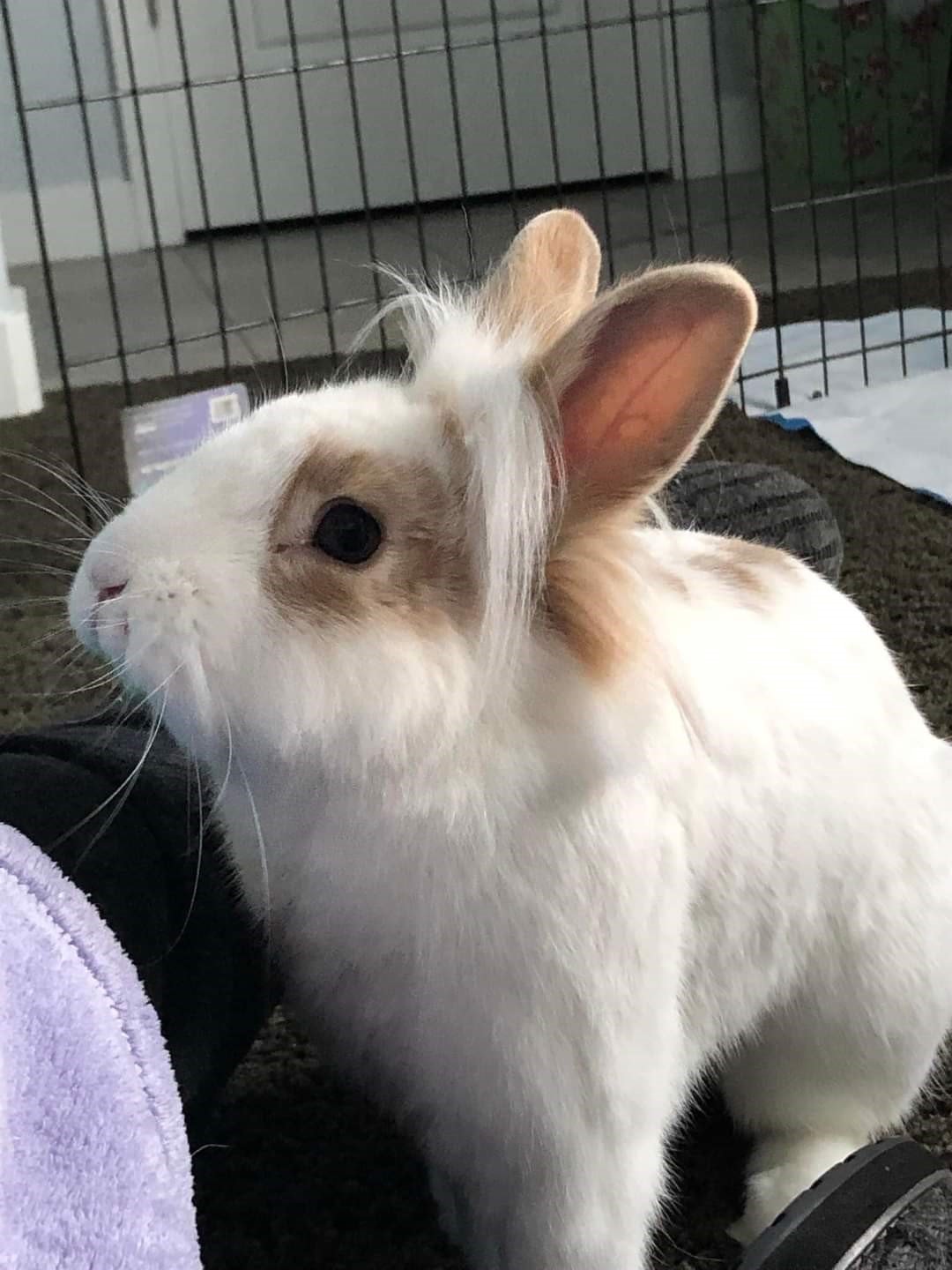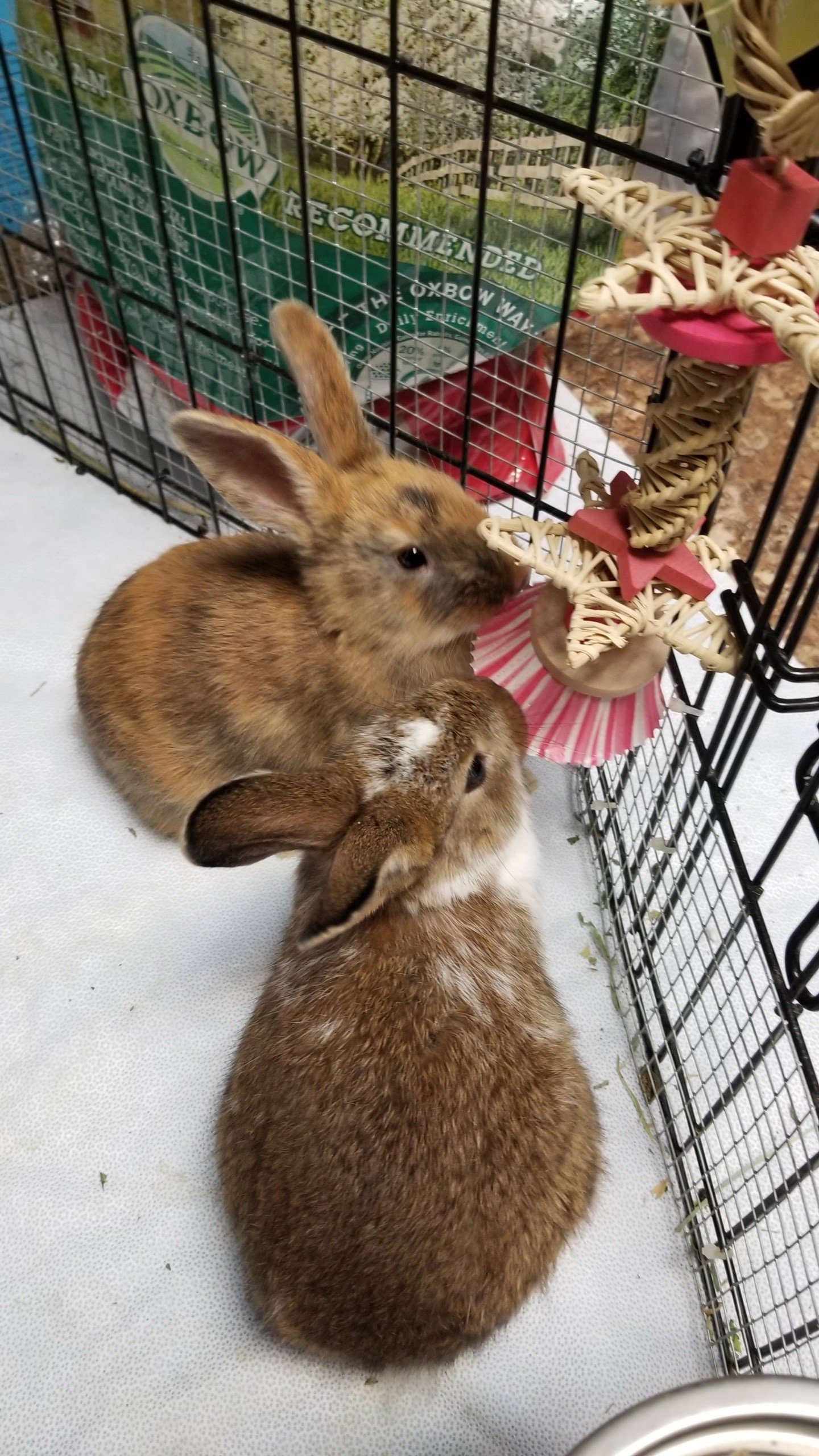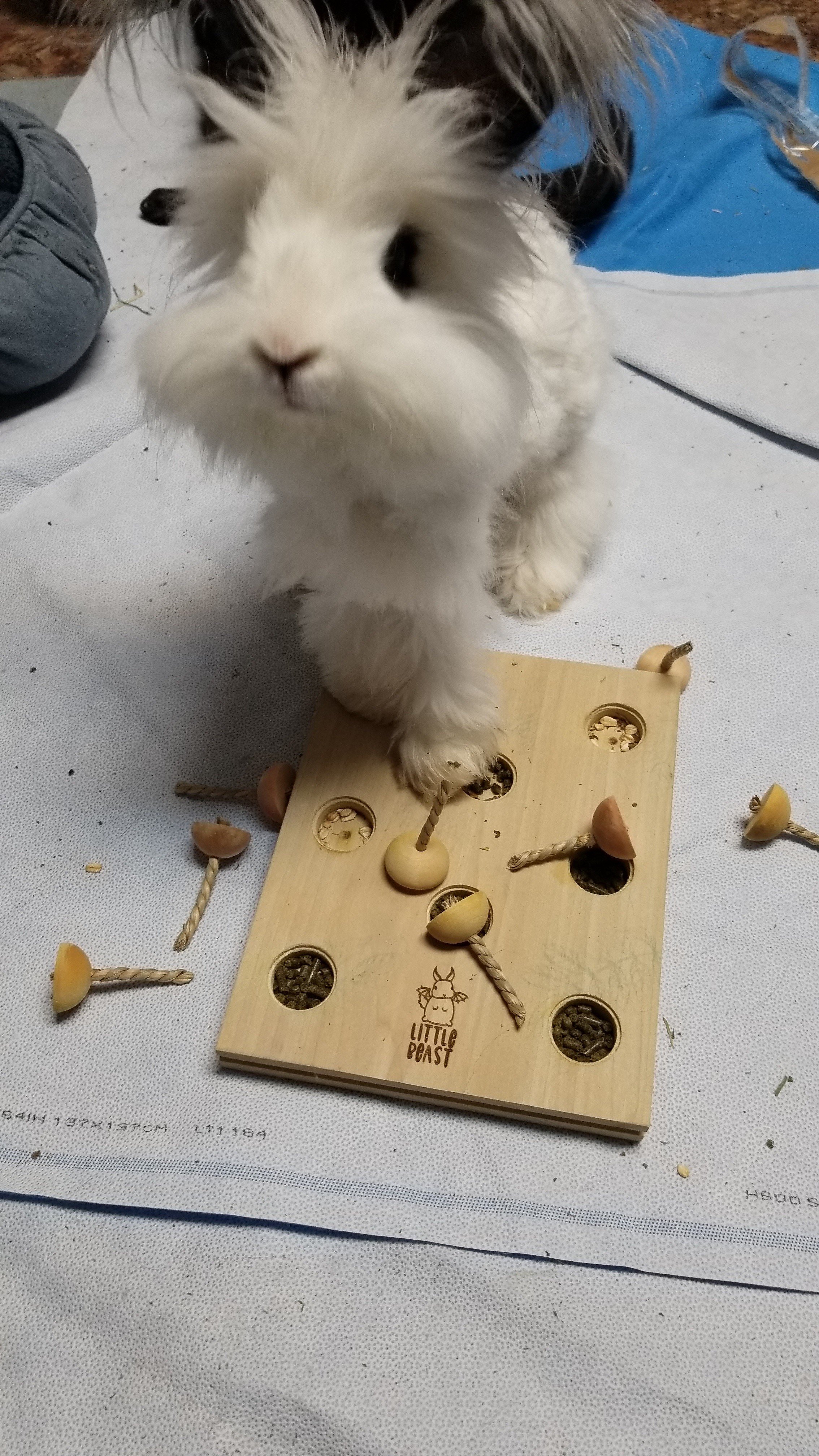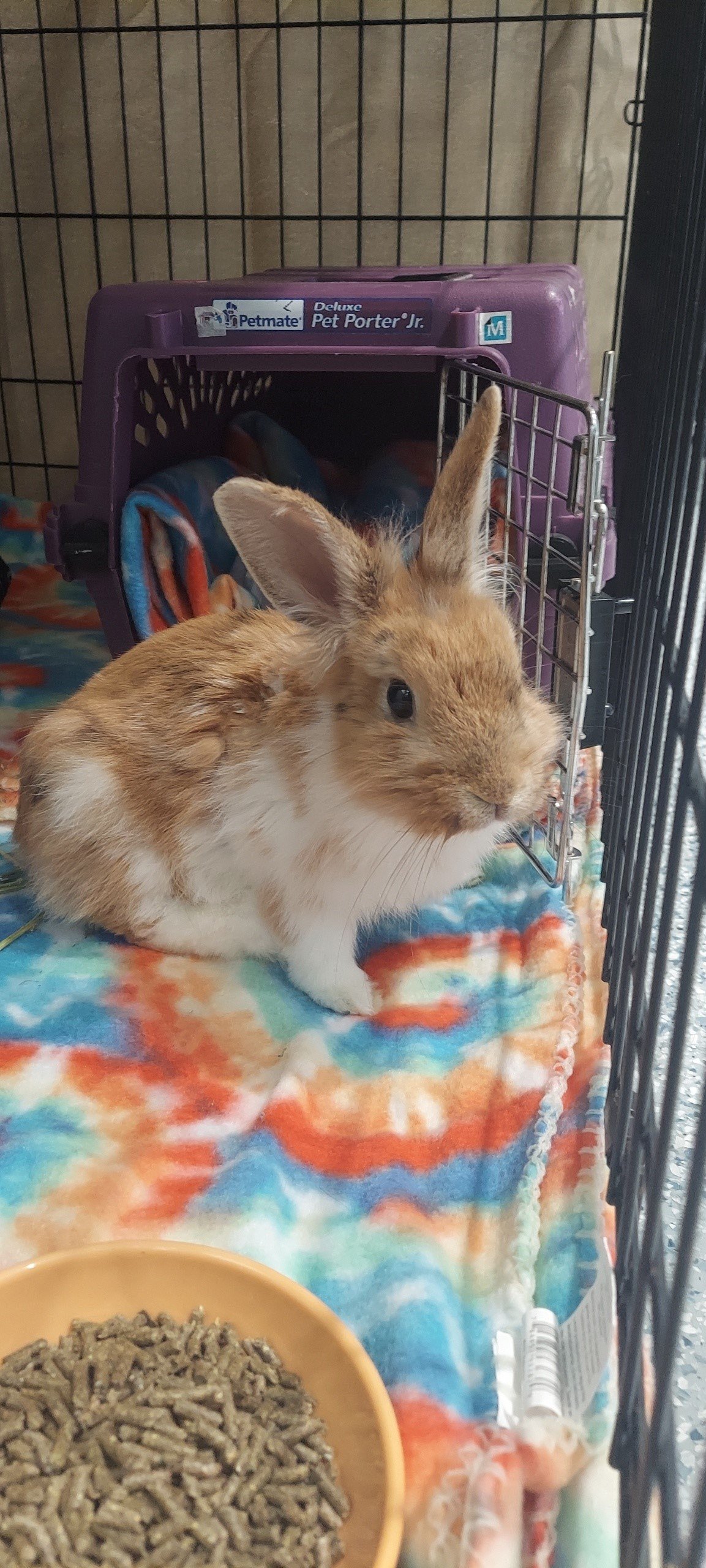Vets Who Treat Rabbits in Utah
We have compiled a list of vets below who we have worked with to treat our rabbits. We cannot guarantee they still see rabbits, have availability or the quality of care they will provide your rabbit. This list is not exhaustive, and it only includes vets we personally have used. Whenever possible, please choose an exotic specialist so they can get the most appropriate treatment specific to their species. In additional, at the bottom of the page we have compiled a suggested emergency kit. Due to lack of emergency options, we suggest you get this asap and always have one on hand.
When choosing a rabbit vet, especially considering low cost options for spays/neuters:
Do they intubate? This means placing a tube so they can breathe for your rabbit if they stop breathing
Can they place an IV catheter? This is important in case meds need to be given immediately if anything goes wrong
Do they have an oxygen chamber/incubator? Rabbit’s body temperatures drop during surgery and often they need extra support after to keep warm
Do they have the correct meds on hand to handle emergencies if something were to go wrong? For example reversal for their anesthesia
Do they have specialized training in rabbits? Are they up to date on all meds and practices? Can they handle rabbits without traumatizing them?
Lastly, but most importantly, if you have to take your rabbit to a full service clinic or a specialist to fix whatever was done incorrectly, or for an emergency as a direct result of the surgery are you able to pay hundreds to thousands of dollars to save your rabbit? Fixing your rabbit through an exotic vet may cost a few hundred dollars more in some cases but it could save you hundreds to thousands in the long run and gives your rabbit a much greater chance of survival. A vet may treat rabbits, but we have found many instances of incorrect diagnosis and treatment even from vets who have treated rabbits for years.
We recommend looking into rabbit insurance (Nationwide and Metlife are currently the only insurance companies in the US we have found so far for exotic animals) and deciding if it’s right for you. The plans we’ve found are for medical only, not preventative like covering vaccines or spays/neuters. If you can’t afford to fix your rabbit, adopt one who is already fixed!



















Our Primary Vet is Currently Practicing at Murray Animal Hospital
Dr. Laura Boehler
Book an appointment by calling 801-281-3900
280 W 4800 S, Murray UT
Dr. Boehler is the primary vet for our rescue and is an exotic specialist with an emphasis on rabbits. Currently she is the only vet we allow to work on our personal rabbits (co-founders) and the rabbits in the rescue. She intubates for all surgeries, has years of specialized experience in bunnies including a range of complicated surgeries, and takes a lot of extra steps we rarely find in other vets to ensure the best rabbit care and survival rates, and works with rabbit specialists in other states to find the best solutions. A Caring Vet
360 N State St Lindon, UT 84042
https://www.acaringvet.com/
We’ve only used them for rabbit vaccines
Payson Family Pet Hospital
Dr. Jay Dee Ipsen
43 North 1000 East Payson, UT
801-465-1800
Parrish Creek Vet
Dr. Schuck
86 N 70 W Centerville, UT
801-298-2014
https://www.parrishcreekvet.com/
We have very limited experience with this vet, but have heard from fosters and adopters they are able to handle basic issues.
Eye Care for Animals
Dr. Amy Knollinger or Dr. Disney
1021 E. 3300 S. Salt Lake City, UT
(801) 418-9088
http://www.eyecareforanimals.com/location/salt-lake-city-practice/
This vet clinic is specifically for eye care, however Dr. Knollinger has treated several of our rabbits and worked closely with our regular exotic vet to make sure our rabbit got the best combination of rabbit specific meds to go with the procedure she performed to save our rabbit’s eye.
Suggested Emergency Kit Supply list
Supplies you can buy online:
Critical care (oxbow banana flavor, oxbow papaya, or Sherwood). Sherwood sells an appetite stimulant powder that we have found to be helpful also
Thermometer (digital oral or rectal thermometer will work)
Lube for the thermometer (water based without any additives like flavoring)
Heating pad
Syringes (both 1 and 3 cc size to give meds, and 5-10 ml oral syringes with a wider tip to give cc)
Baby gas drops (simethicone)
Probiotics (we recommend Benebac or HealthyGut)
Meds from the vet:
Cisapride
Meloxicam (gabapentin will do also in a pinch)
Fluid bag with a kit (either a line with 20-22g needles, or butterfly needles and regular needles)
Lactulose
*In severe cases they may also send you home with metaclopramide
